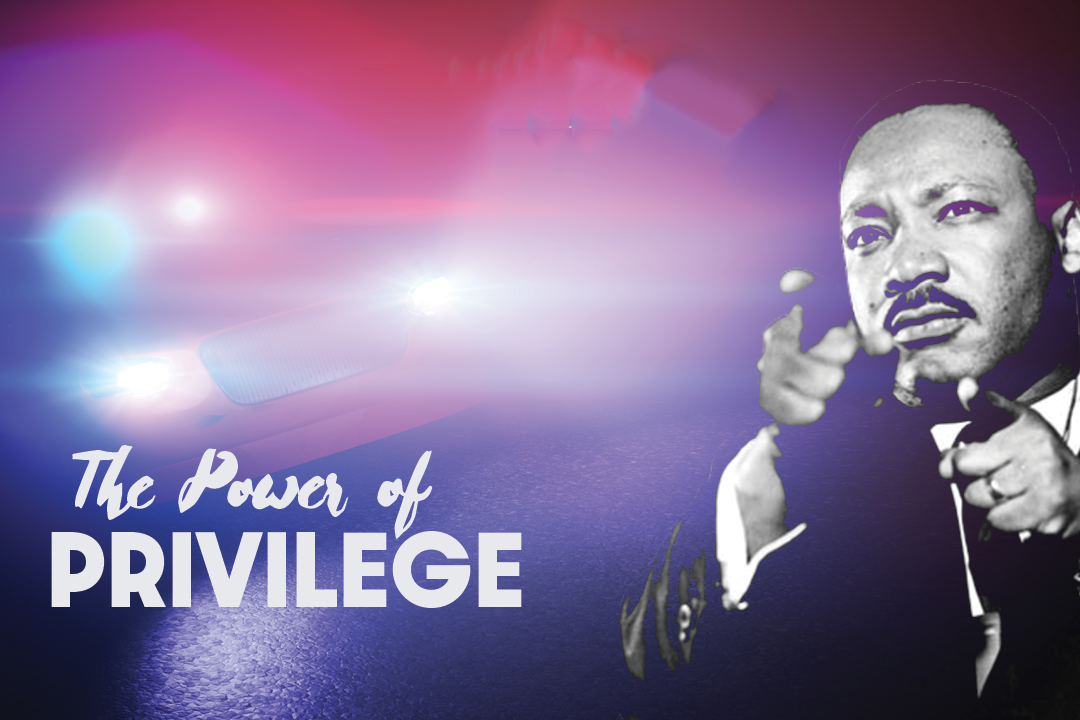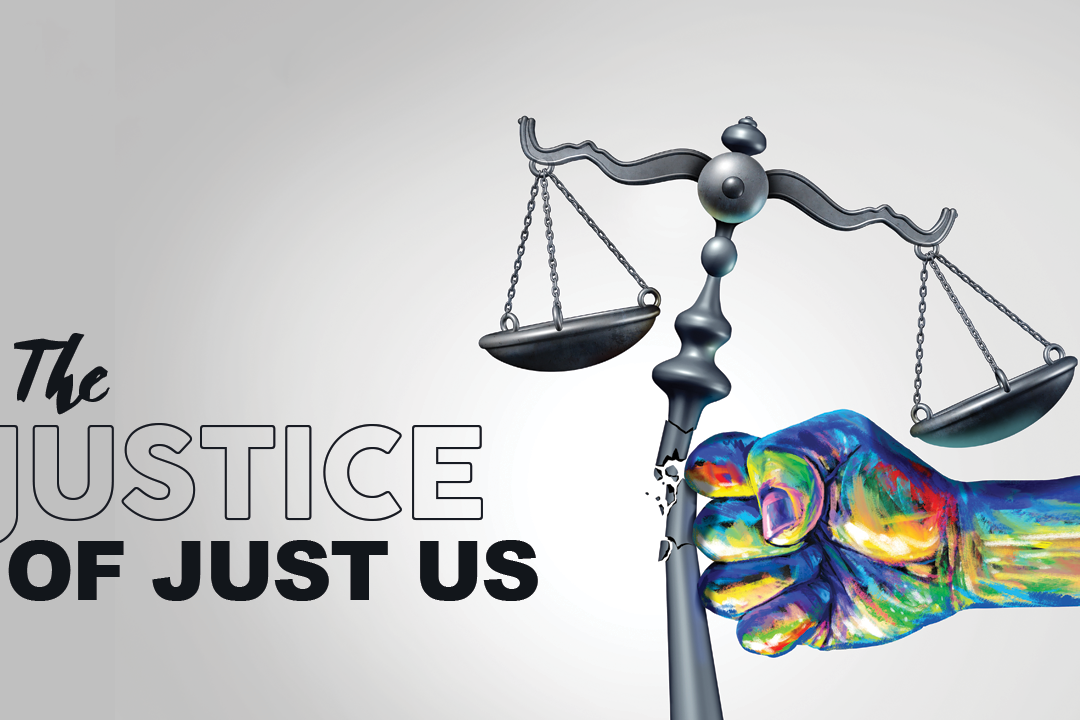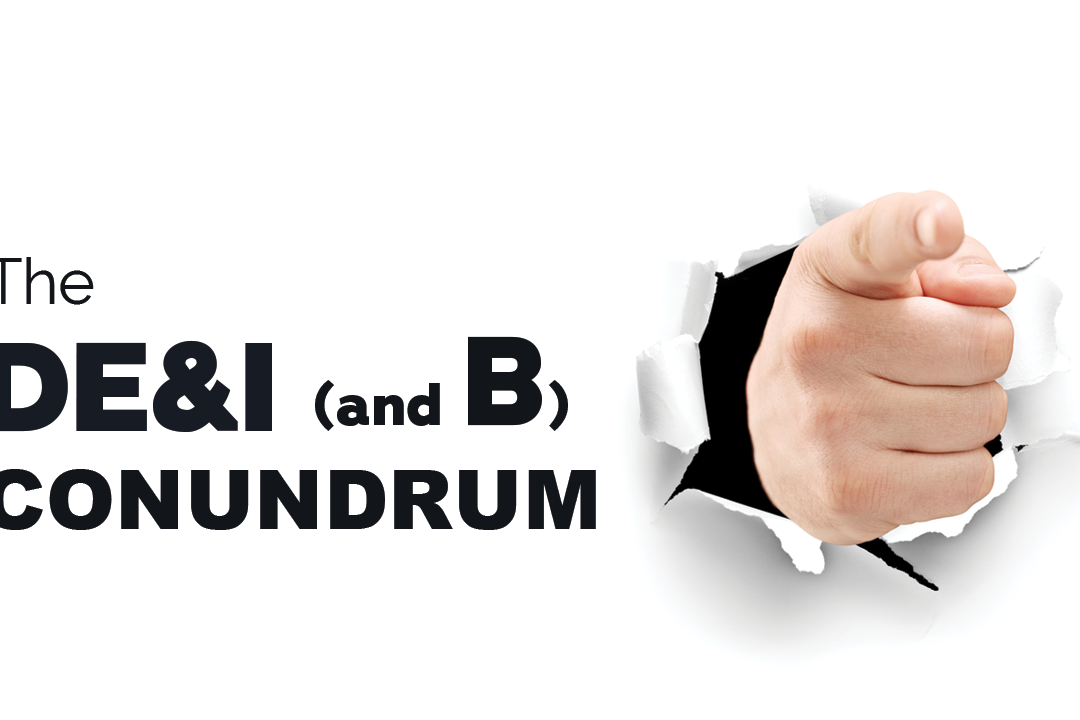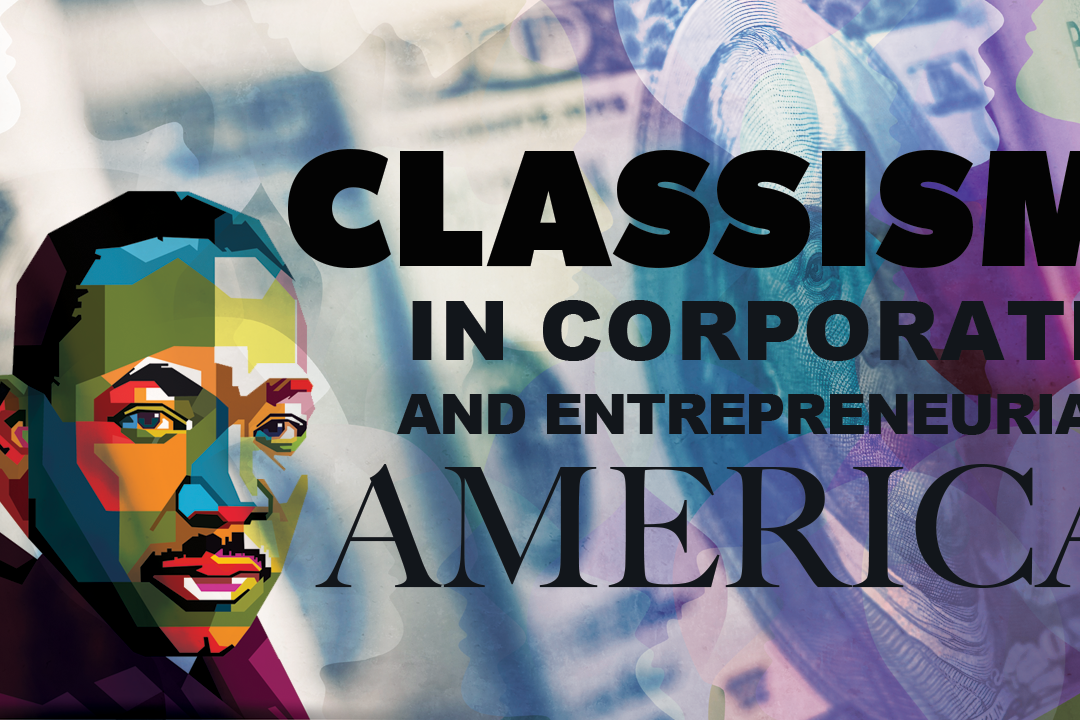MLK Five-Part Series
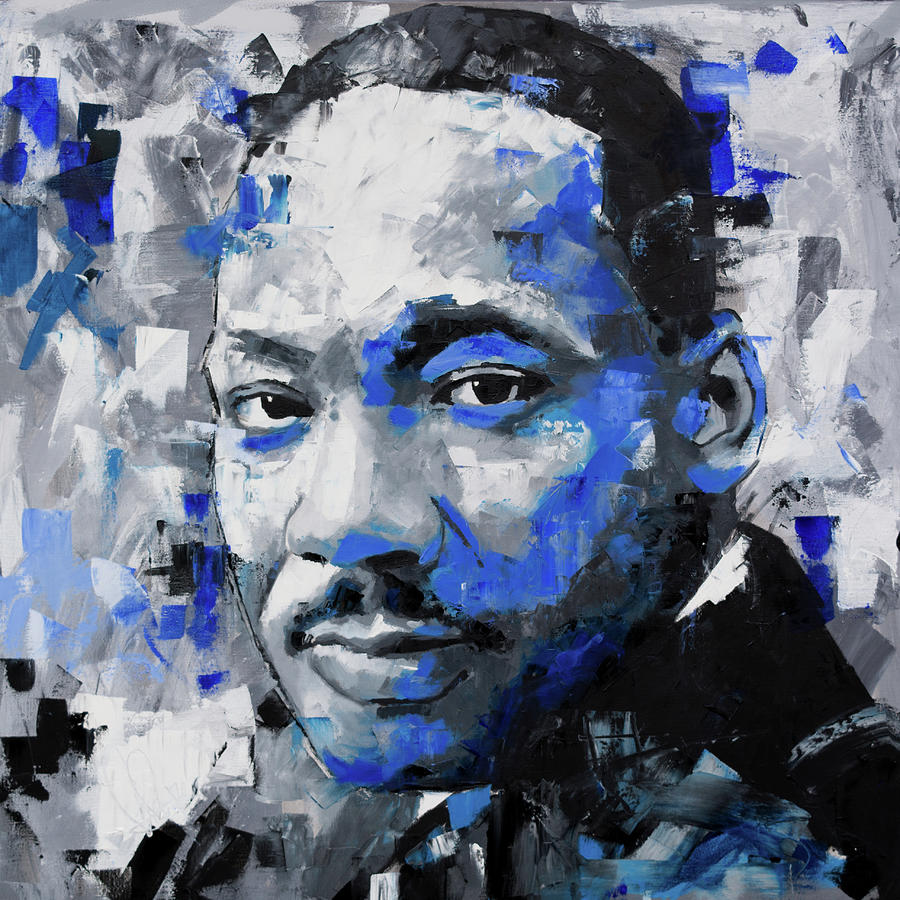
Why MLK’s Appeal to White Moderates Fell on Deaf Ears and How We’re Still Paying the Price Six Decades Later
If you think I’m calling out whites for all of the historical grievances experienced by people of color (POCs) in this country, you’re mistaken. But I am calling them, you, and myself up to the mountaintop of lasting change that Dr. King envisioned through his expansive and expensive faith lens in the valley of (in)decision. On August 28, 1963, MLK’s I Have A Dream Speech should have been viewed as the down payment for racial harmony in America. The audience was predominately black and brown, but whites were in attendance as well. The obligation behind (or in front of) MLK’s ominous and prophetic speech still applies today. And it is quite costly. You see, America is changing. Unfortunately, far too many of us confuse change happening around us as a sign and signal that transformation is occurring within us. This, my friends, is the classic case of delusion. Tough talk, I know. But let’s go and grow together on this change journey.
Why go back to a time — the contentious Civil Rights Era in the 1960’s — that many in our nation would soon forget? Well, America’s future is predicated by what we learn from our complicated past. No time for historical amnesia, but we do need to make ample room for experiential grace and personal accountability. Here’s what I mean. Grace is a tenet or prerequisite of the Christian faith. And for those of us over the age of 45, it was a ritualistic prayer or rote blessing we shared publicly or privately before each meal as children. Now, we can’t deal with the uncomfortable subject of race without grace. This doesn’t mean we forget, but rather, we choose to forgive and hold others accountable for the change that must take place personally, organizationally, and societally to bridge the racial gaps. Without accountability, frustration steps up. People may know how long they’re going to be given to change in order to implement a racial call up, but they won’t know what to do. And without grace, exhaustion creeps in. People may know what to do behind a racial call up, but they don’t know how long they’re going to be given to change.
As a college and former NBA player, I know this to be true: sports and life intersect on a number of fronts. In corporate settings, I make it a point to highlight this truth: “Too much defense and not enough offense usually results in an ‘L’ for a team.” The implication is clear. Whites, regardless of their political leanings, will back away from the change table, especially men in positions of power who are (or even feel) targeted. Blaming-shaming-framing tactics create distance rather than close it. The oxytocin window to trust-bond-love will be missed, an opportunity to connect with those who don’t look, think, or act like our tribal affiliation. In this video game era of sports, high-octane offense keeps fans, viewers, and sponsors on the edge of their seats. Thus, it’s incumbent upon me to provide a venue in which racial growth occurs through offensive tools rather than defensive traps. This encourages buy-in and empowers all vested parties when equity, justice, diversity, privilege, and mobility are discussed against the backdrop of race. I’ll feature each one of these five hot-button topics in coming days, free of guilt but full of conviction.
In closing, no change can take place without a recurring payment. Time out for racial equality IOUs. Now, if we celebrate the life of MLK, shouldn’t we honor his legacy also? He said a lot more than “I look for the day when people will not be judged by the color of their skin, but by the content of their character.” Along with “I don’t see color,” MLK’s regurgitated saying is often quoted by many whites to provide racial cover. Allow me the liberty to share the essence of Dr. King’s appeal to white moderates while dissecting the prevailing theme embedded in his gut-wrenching jailhouse letters: “We serve the same God. We’re covered under the same blood of Jesus. However, we have very different skin tones.” They were shown a need, in graphic detail, but didn’t fulfill it. The result? A lot of innocent people were (and are still being) hurt in the process. Why? White moderates in the South and even North didn’t want to exhaust their racial, social, and political capital, so they backed away from the change table. Six decades later, here we are.
Let me leave you with something to ponder until my next post:
“It is obvious today that America has defaulted on this promissory note (that all people will be guaranteed the unalienable rights of life, liberty, and the pursuit of happiness) insofar as its citizens of color are concerned. Instead of honoring this sacred obligation, America has given the Negro people a bad check, a check that has come back marked, ‘insufficient funds.’”
— Dr. Martin Luther King, Jr.

